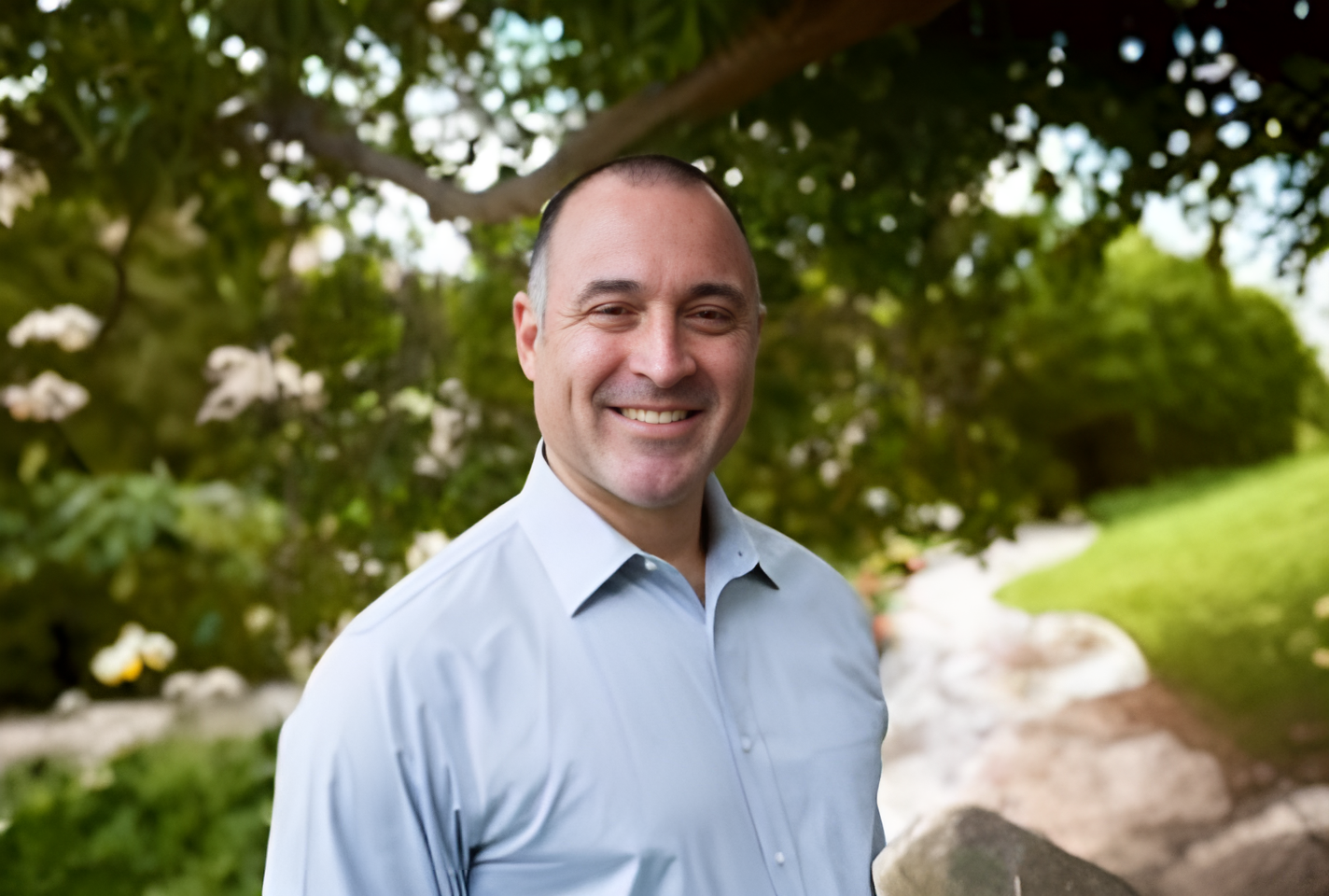In an industry often criticized for unreliability and poor communication, ZD Stucco Repair has distinguished itself by taking a remarkably different approach to construction and restoration ...
EquityProtect Pioneers Preventative Measures Against Real Estate Fraud




As real estate fraud continues to rise, some companies are shifting from reactive alerts to proactive protection. EquityProtect is one such firm, aiming to detect and deter fraudulent activity before it occurs, offering a preventive model in a field historically dominated by post-incident responses.
“I get to offer a product that answers a question that nobody had an answer for before us,” says Jon Dovidio, Vice President of Business Development at EquityProtect, a company focused on safeguarding homeowners from title and deed fraud.
The Problem: Real Estate Fraud’s Growing Sophistication
Real estate fraud has evolved dramatically in recent years. What once required sophisticated forgery skills can now be accomplished with increasingly accessible AI tools. As Dovidio explains, “If you look at what’s happening with AI, there are programs where you can simply tell your computer what you want it to do.”
He references the infamous 2008 case where a reporter “stole” the Empire State Building through fraudulent paperwork to illustrate how vulnerable property records can be. Today’s technology makes such schemes far easier to execute, with the 2024 Graceland case demonstrating how these frauds continue to evolve beyond traditional methods.
The Genesis of a Preventative Solution
EquityProtect was founded by Ryan Marshall, former owner of real estate aggregator Benutech, after a top title underwriter asked him to investigate existing fraud protection services.
“Ryan discovered there was no prevention for homeowners, no real protection,” Dovidio explains. “When they asked him what he would do about it, EquityProtect became his answer.”
Marshall collaborated with Timothy Kemp, a respected industry regulator, to design an innovative legal document: the “Notice of Reconveyance of Voluntary Liens.” This document essentially freezes a property’s title, preventing unauthorized transactions without the owner’s explicit permission.
“You can’t sell a property, put a mortgage on the property, or do a HELOC without reaching out to us first,” Dovidio says. “The homeowner has to give permission, which is how it should be.”
How It Works: A Digital Lock for Your Property
The system operates through a unique 16-digit number assigned to each protected property. When someone attempts to conduct a transaction on a protected property, they must contact EquityProtect through their website.
“When that hits our system, the homeowner is immediately pinged,” Dovidio explains. “You log into your account, which is a dual-factor biometric capable system with facial recognition technology.”
This security-focused approach allows homeowners to verify transaction details before approving them. “If you’re refinancing, we can verify the terms, offering an added level of security to our clients,” says Dovidio.
At an industry trade show, Dovidio recalls a conversation that captured the essence of their solution: “Someone asked, ‘So you’re telling me that if everybody in the country could flip a light switch and everybody has your technology on it, this fraud would go away?’ I said, ‘Precisely.'”
A Risk-Based Approach: Protection for Those Who Need It
One of EquityProtect’s most significant innovations is its ethical, risk-based approach to consumer protection.
“The biggest misconception is that title and deed fraud affects everyone equally. Not everybody is at risk,” Dovidio emphasizes. “If you look at the numbers, roughly 55% of properties in the country have zero to no mortgage.”
This understanding led EquityProtect to develop a sophisticated risk assessment tool that evaluates properties across 1,100 different data points. For homeowners deemed low-risk, the company offers free monitoring services rather than pushing their premium product.
“We do not encourage our preventative product for anybody who’s of low risk. If you are medium risk and above, then let’s talk. But if you’re low risk, no one’s trying to target you,” Dovidio states.
This ethical stance contrasts with competitors who market expensive services to all homeowners regardless of risk level. “We’ve had people in reverse mortgages calling us because they’re currently paying for reactionary products despite having minimal risk.”
Comprehensive Protection with Legal Backing
For those who do need protection, EquityProtect offers more than just preventative measures. Each client receives up to $1 million in legal funds ($3 million aggregate for those with multiple properties) to cover expenses should fraud occur despite the protections in place.
“For us, fraud is fraud,” Dovidio says. “There are no stipulations regarding whether it’s a one-to-four unit property, or whether it’s somebody that you’re related to.”
This insurance component addresses a critical challenge in real estate fraud cases: the burden of proof falls on the victim. “If fraud happens on your property, you have to prove it was fraud. You’ve got to go through the quiet action claim, handwriting analysis, lawyers, and all that to prove that you did not do that.”
Industry Recognition and Adoption
EquityProtect has been gaining traction through both direct-to-consumer marketing and business partnerships. The company recently announced a significant collaboration with Pacific Coast Title in Southern California, with “numerous others now knocking on the door.”
These partnerships allow title companies to offer EquityProtect’s free monitoring service to all clients, while marketing the premium preventative product to those at higher risk. This approach benefits all parties involved, as Dovidio notes: “In 2024, roughly a third of title companies experienced some form of seller impersonation. This is a real issue that becomes extremely expensive when it occurs.”
The company’s innovation has been recognized within the industry, with Housing Wire naming EquityProtect as “Top Tech for 2025.” They’ve also secured multiple patents for their technology and copyrights for their documents.
A Mission Beyond Profit
At its core, EquityProtect’s mission extends beyond selling a product. “The biggest thing for EquityProtect as a whole is that we’re trying to promote education and protect those who need it,” Dovidio emphasizes.
With annual costs dropping to just $100 after the first year ($8.33 per month), the company aims to make protection accessible to those who truly need it while educating the market about the realities of real estate fraud risk.
“Our goal isn’t to charge exorbitant fees,” Dovidio concludes. “We’re trying to find a way to sustain our business while genuinely protecting people, and that’s our primary objective.”
Similar Articles
Explore similar articles from Our Team of Experts.


Luxury real estate veteran Chris Pollinger has built a formidable consulting practice helping elite real estate professionals navigate market transitions and achieve dramatic growth. As foun...


For Porter Henritze, real estate isn’t just a career choice – it’s practically genetic. Born and raised in Atlanta with real estate coursing through his family’s veins, H...


“We think we’ve found the kicker to scale a business to be much larger than what’s out there,” says Max Ball, co-founder of Lofty. Unlike typical real estate tokeniza...


“The slowdown or death of the valley has been forecast repeatedly and never seems to come to fruition,” reflects Phil Mahoney, Executive Vice Chairman at Newmark and one of Silic...




